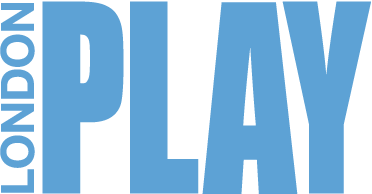Education Policy Institute, May 2021
This report finds that a three-year funding package totalling £13.5bn will be required by the government to reverse the damage to pupils’ learning as a result of the pandemic.
Included in the raft of recommendations is that £2bn is invested to create universal summer holiday programmes for all children between the ages of 5 and 16, over the next three years.
Policies which EPI is calling on the government to implement include extended school hours for social and academic activities, additional Pupil Premium funding, summer wellbeing programmes, more incentives for teachers to work in “challenging areas”, further mental health support in schools and an option for some pupils to retake the year.
The series of education interventions total £13.5bn over the course of this Parliament and taken together, would seek to reverse the lost learning seen by pupils since March 2020. The package compares with the DfE’s annual schools budget for England of £48bn.
